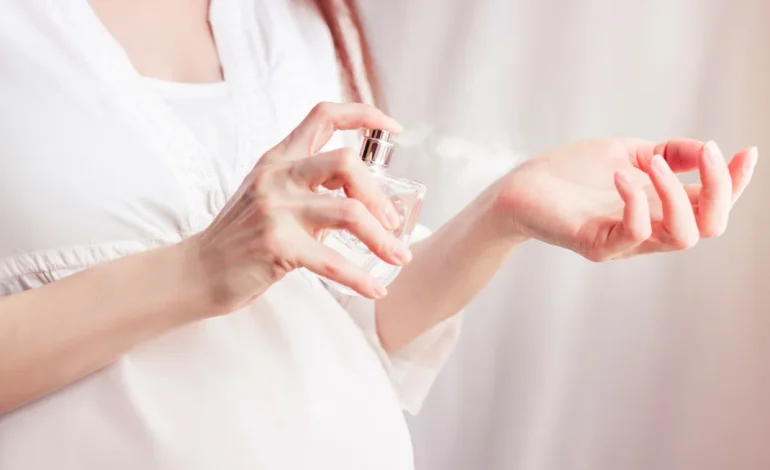A new study has found that exposure to phthalates—synthetic chemicals commonly used in food packaging, personal care products, and household items—during pregnancy may affect a newborn’s brain development, CNN reports.
The research, published Wednesday in Nature Communications, suggests that phthalates may alter the metabolism of neurotransmitters and amino acids essential for brain maturation.
Scientists analyzed urine samples from 216 pregnant women and blood samples from their newborns, linking prenatal phthalate exposure to lower levels of critical brain-related compounds. These included:
Tyrosine, an amino acid necessary for producing thyroid hormone and neurotransmitters like dopamine and norepinephrine, which influence attention and mood.
Tryptophan, an essential amino acid that converts into serotonin, a neurotransmitter that regulates mood, sleep, and stress response.
Infants exposed to higher phthalate levels in the womb showed lower scores in attention and excitability tests. The study is the first to use untargeted metabolomics—a method of analyzing all small molecules in a biological system—to establish this connection between maternal chemical exposure and newborn neurodevelopment.
Phthalates, sometimes called “everywhere chemicals,” are widely used in products ranging from vinyl flooring to shampoos. Previous research has linked them to a range of health issues, including preterm birth, childhood obesity, and hormone disruption.
“This study adds to a growing body of evidence that chemicals in plastics can negatively impact human health,” said Dr. Leonardo Trasande, director of the NYU Center for the Investigation of Environmental Hazards, who was not involved in the study.
Experts have urged policymakers and manufacturers to limit the use of phthalates, with some advocating for a complete ban. In the meantime, researchers recommend steps to minimize exposure, such as:
Choosing glass or stainless steel over plastic containers for food storage
Avoiding microwaving plastic materials, even if labeled “microwave-safe”
Selecting personal care products labeled “phthalate-free”
Improving indoor air circulation and regular dust removal










The latest news in your social feeds
Subscribe to our social media platforms to stay tuned